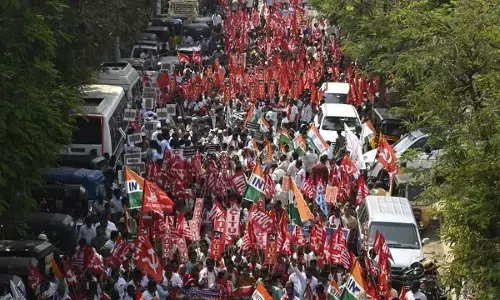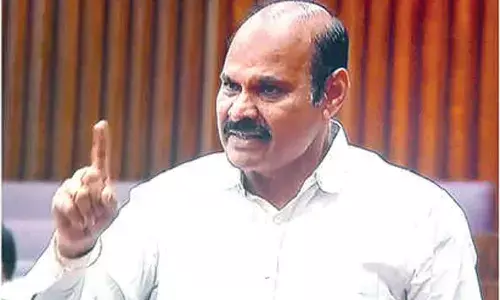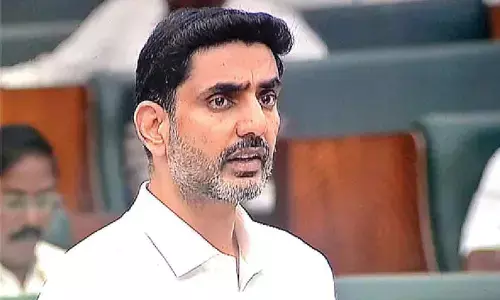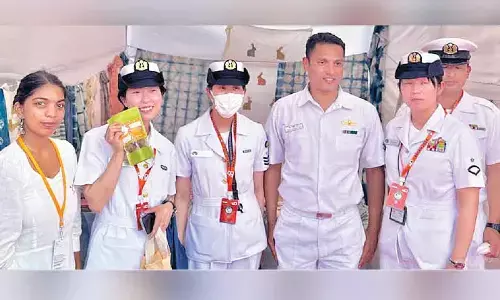State to make PDS transactions hi-tech
 State to make PDS transactions hi-tech
State to make PDS transactions hi-techAfter introducing biometric system and Iris technology at fair price shops (FPS) in the State, the State Civil Supplies Department is now working on implementing fusion technology to ensure that all transactions are machine-based.
Hyderabad: After introducing biometric system and Iris technology at fair price shops (FPS) in the State, the State Civil Supplies Department is now working on implementing fusion technology to ensure that all transactions are machine-based.
The field trials for adoption of the fusion methodology, which is underway, can address shortcomings of existing systems by improving matching accuracy for identification and also in authentication of beneficiaries and ensuring transparency in the distribution of essential commodities through Public Distribution System (PDS), officials said.
Once introduced, the department would be the first in adoption of fusion technology in the country, they claimed."Out of the 17,027 FPS, there are still 173 shops which are offline and not using technology because they are in far flung areas. I want to bring them down to zero. We want that all transactions should be machine-based so that we can track each transaction. After biometric system and Iris, the next technology that we are looking forward is fusion," Commissioner for Civil Supplies Akun Sabharwal told PTI.
Officials said it has been noted that thump prints of a lot of people (ration card holders) who do manual labour and in some instances old aged beneficiaries do not work in ePOS point of sale machines.
These machines were also Iris-enabled which makes the identification process faster. However, in certain rural areas where network is not good, the machines are kept outside and sometimes Iris eye technology does not work in direct sunlight.
"Under fusion, if your thumb (fingerprint image) does not work, you can try some other finger. The machine tries to collaborate information from the two or three fingers and fuses the data," Sabharwal explained adding fusion technology uses fingerprints of more than one finger to identify and authenticate beneficiaries.
"As of now the software identifies one fingerprint image and we are doing trial runs with addition of one or two fingerprint images. We are testing it. We allow 1 per cent of VRO (Village Revenue Officer) authentication and the target is to bring it down to zero with fusion.Everything should be done by device and there should be no manual/human intervention," Sabharwal said.
He further said plans are afoot to introduce fusion technology in all 17,027 fair price shops. "By September 1,2019 we should be ready for roll out fusion. We will be the pioneers as far as introduction of fusion is concerned in fair price shops," Sabharwal added.









